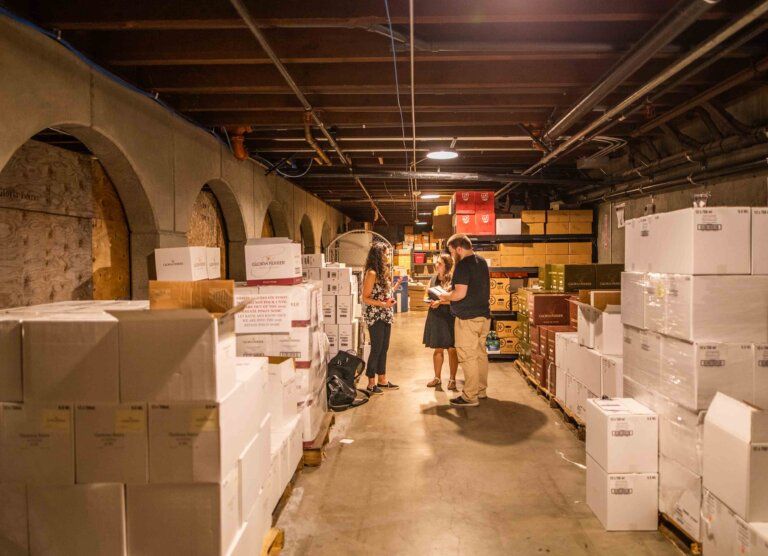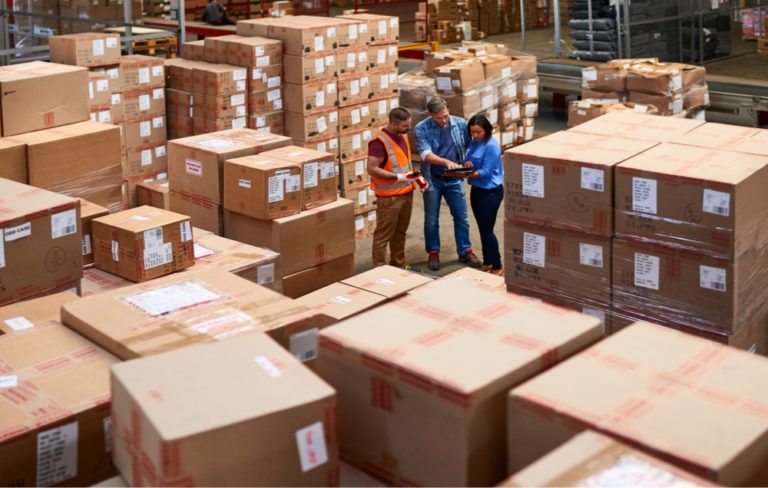Getting licensed
Across the board, states will require your business to hold the appropriate license(s) to distribute or -ship directly to consumers in their state. There are a few ways to approach this important hurdle. The three main ways to get licensed are DIY, a hybrid approach or outsourcing to an expert.
Doing it yourself will cost the fewest dollars, but this method is the most likely to result in headaches and delays as you navigate complex state bureaucracies.
A hybrid approach keeps you in the hands-on role, but supported by software that guides you to more complete, approval-ready license applications.
Outsourcing to an expert, such as a consultant, attorney or Sovos ShipCompliant, allows you to hand off all licensing tasks to an experienced professional who manages the entire process on your behalf.
License applications are typically returned by the states between a few weeks and two months or more after the application is made, so it pays to plan ahead. (Some DtC shipping licenses are granted immediately, and Florida, Minnesota and Washington, D.C. do not require a DtC shipping license, although you may need to collect and remit sales tax within those locales, depending on the economic nexus status of your business.)
Learn more


